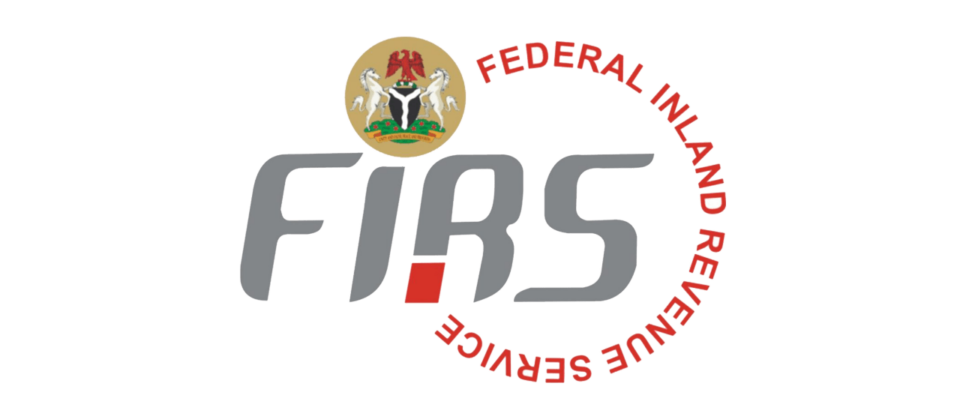
FIRS, NGF Partner to Enhance Economic Growth, Boost Revenue
As part of the efforts to boost revenue and economic growth across the federation, the Federal Inland Revenue Service (FIRS) and the Nigerian Governors’ Forum (NGF) are partnering to improve on policy harmonisation and capacity building at the subnational.
This also aimed at improving coordination to foster an investment-friendly environment.
According to Collins Omokaro, Special Adviser on Communications & Advocacy, the partnership which focuses on policy is meant to intensify efforts to enhance tax administration, optimize revenue generation, and drive sustainable economic policies across Nigeria’s 36 states.
Omokaro stressed that the renewed collaboration underscores the critical role of subnational governments in achieving financial autonomy and economic resilience.
“A well-structured revenue system at the state level is essential to reducing over-reliance on federal allocations and strengthening internally generated revenue (IGR),” Omokaro said.
He also said key milestones have already been achieved through this collaboration.
The institutionalization of the Taxpayer Identification Number (TIN) has enhanced transparency and accountability in tax administration, while the NGF has been instrumental in advancing critical Fiscal and Tax Reform Bills.
These measures highlight the commitment of subnational governments to strengthening economic governance through structured revenue frameworks.
Omokaro stressed that Executive Chairman of FIRS, Dr. Zacch Adedeji, PhD, has provided leadership that has been pivotal in fostering collaboration with state governments.
His vision extends beyond revenue collection, emphasizing a tax system that promotes economic diversification, business competitiveness, and national prosperity. By advocating tax simplification, digitalization, and stakeholder engagement, FIRS aims to create a more efficient and equitable tax structure.
Omokaro noted that the ultimate goal is a tax system that works for all.
“We need a system that harmonizes policies across states, strengthens IGR, and integrates digital tax administration for seamless compliance. A thriving private sector, job creation, and long-term economic sustainability are key indicators of success in this reform agenda,” he stated.
With a clear roadmap in place, the commitment of state governments remains vital to achieving a sustainable and inclusive economic future.
As FIRS and NGF continue their collaboration, Omokaro emphasized that states must prioritize tax transparency, policy reforms, and revenue optimization.
“This partnership goes beyond taxation—it is about leveraging taxation as a tool for national development and shared prosperity,” he added.
Through the collaboration, Omokaro said stakeholders can build a robust tax system that fosters growth, strengthens state economies, and secures long-term financial stability for the nation.
